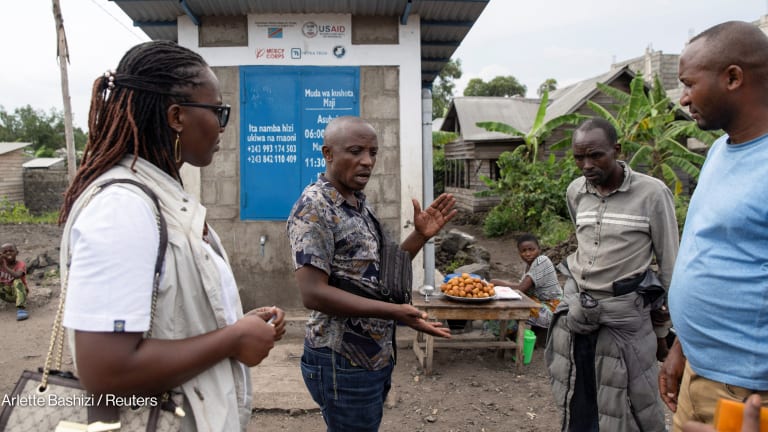On Friday night, Peter Marocco — the director of the State Department’s Office of Foreign Assistance — sent a message to his team.
“I’m fielding [White House] calls on whether we’ve complied yet with the President’s order to stop all payments to Afghanistan,” Marocco wrote in an email, which was later obtained by Devex.
He then listed a series of questions relating to awards in that country, asking his team to confirm whether they had “stopped all payments of any kind” that go toward Afghanistan. Marocco also said that if there was any money obligated to the United Nations Assistance Mission in Afghanistan, “we’d want to claw the entire amount (or more) back from any future payments to the UN if confirmed.”
Printing articles to share with others is a breach of our terms and conditions and copyright policy. Please use the sharing options on the left side of the article. Devex Pro members may share up to 10 articles per month using the Pro share tool ( ).









